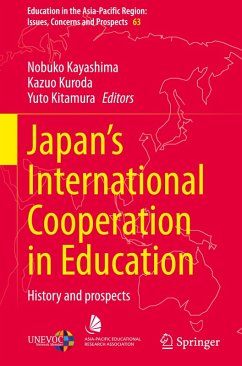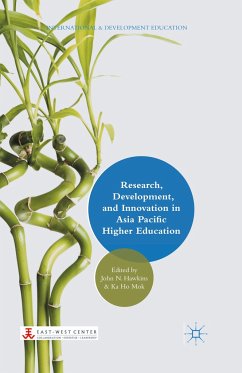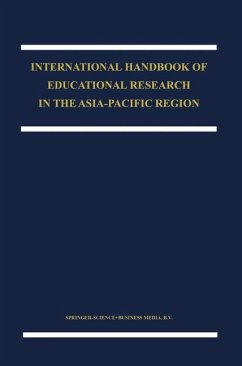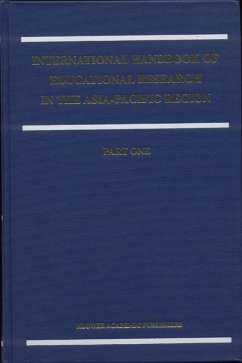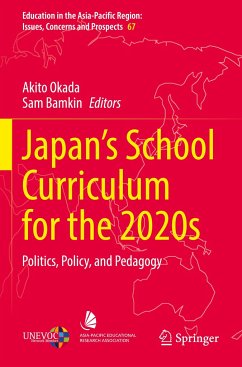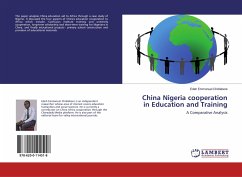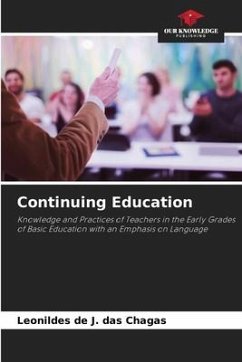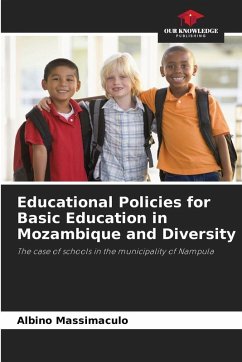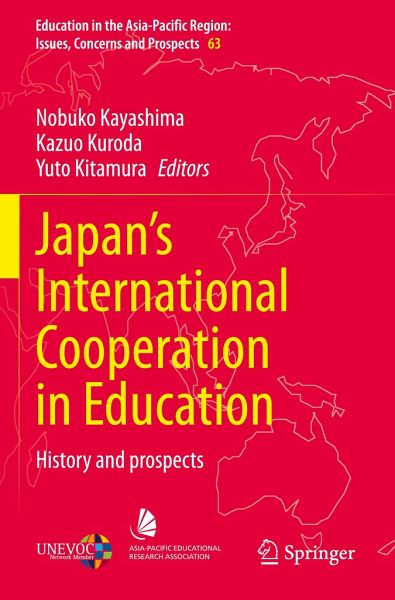
Japan's International Cooperation in Education
History and Prospects
Herausgegeben: Kayashima, Nobuko; Kuroda, Kazuo; Kitamura, Yuto
Versandkostenfrei!
Versandfertig in 6-10 Tagen
121,99 €
inkl. MwSt.

PAYBACK Punkte
61 °P sammeln!
This book records the history of Japan's international cooperation in education from the 1950s to 2020. It provides a crucial overview of the nearly 70 years since Japan began engaging in international cooperation in education in order to record and document these efforts that range from basic to higher education to technical and vocational education and training, and the large numbers of people involved in their respective areas of activity and specialization. The book provides useful indicators for exploring new forms of education cooperation in this age of global governance and beyond. The ...
This book records the history of Japan's international cooperation in education from the 1950s to 2020. It provides a crucial overview of the nearly 70 years since Japan began engaging in international cooperation in education in order to record and document these efforts that range from basic to higher education to technical and vocational education and training, and the large numbers of people involved in their respective areas of activity and specialization. The book provides useful indicators for exploring new forms of education cooperation in this age of global governance and beyond. The authors include not only researchers but also field practitioners, such as personnel from the Japan International Cooperation Agency and NGOs.
Chapters 1, 3, 5, 9, 12 and 15 are available open access under a Creative Commons Attribution-NonCommercial-NoDerivatives 4.0 International License via link.springer.com.
Chapters 1, 3, 5, 9, 12 and 15 are available open access under a Creative Commons Attribution-NonCommercial-NoDerivatives 4.0 International License via link.springer.com.





